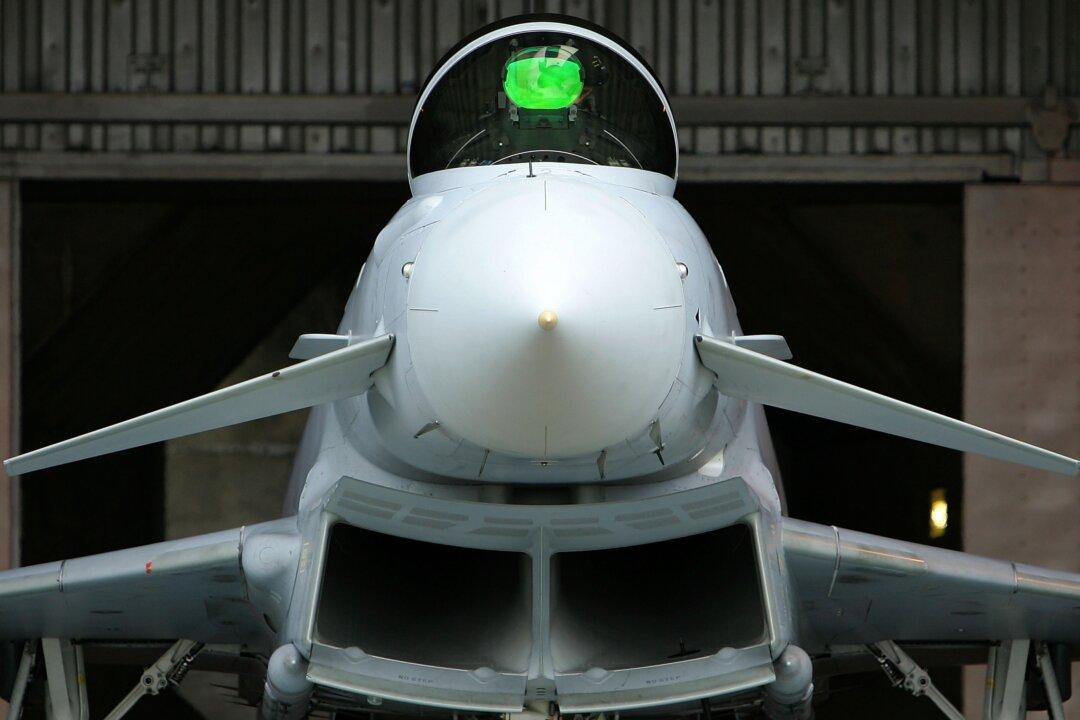BERLIN—Germany’s hardline halt in arms sales to Saudi Arabia over the killing of Saudi journalist Jamal Khashoggi may jeopardize a big UK-led European fighter jet order from Riyadh.
German Chancellor Angela Merkel has been more outspoken than fellow major arms exporters the United States, Britain, and France about stopping sales to Saudi Arabia until Khashoggi’s case is cleared up, a stance that a senior conservative ally said could also affect previously approved orders.





